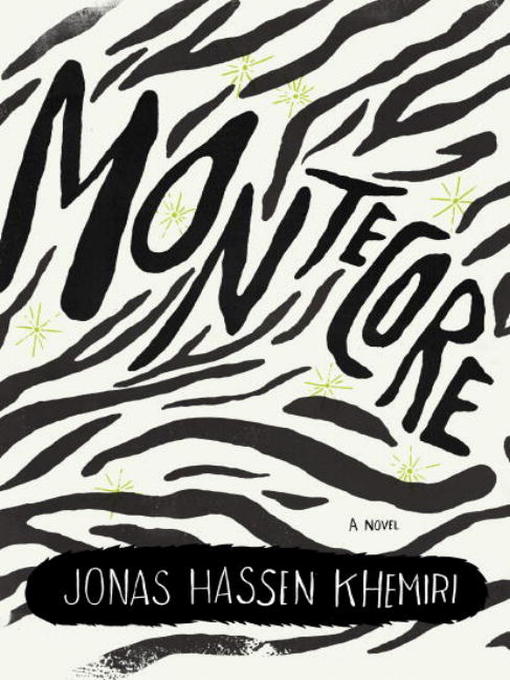At the start of this dazzlingly inventive novel from Jonas Hassen Khemiri, Abbas, a world-famous photographer and estranged father to a young novelist--also named Jonas Hassen Khemiri--is standing on a luxurious rooftop terrace in New York City. He is surrounded by rock stars, intellectuals, and political luminaries gathered to toast his fiftieth birthday. And yet how did Abbas, a dirt-poor Tunisian orphan and Swedish émigré, come to enjoy such success?
Jonas is fresh off the publication of his first novel when answers to this question come in the form of an unexpected e-mail from Kadir, a lifelong friend of Abbas and an effervescent storyteller with delightfully anarchic linguistic idiosyncrasies. The portrait Kadir paints of Abbas--from a voluntarily mute boy who suffers constant night terrors, to a soulful young charmer, to a Swedish immigrant and political exile--proves to be vastly different from Jonas's view of his father. As the two jagged versions reconcile in Kadir and Jonas's impassioned correspondence, we're given a portrayal of a man that is at once tender and feverishly imagined.
With an arresting blend of humor and wit, Montecore marks the stateside arrival of an already acclaimed international novelist. Winner of the PO Enquist Literary Prize for accomplished European novelists under forty, Jonas Hassen Khemiri has created a world that is as heartbreaking as it is exhilarating.
From the Hardcover edition.
- Most popular
- Always Available Classics
- Available now
- New eBook additions
- New kids additions
- New teen additions
- Try something different
- Best Food & Cookbooks
- Are you a Library Book? Cause I'm Checking you Out
- Rainbow Reads
- See all ebooks collections
- Available now
- New audiobook additions
- New kids additions
- New teen additions
- Most popular
- Try something different
- Rainbow Reads
- See all audiobooks collections
- Travel & Outdoor
- Home & Garden
- Food & Cooking
- Health & Fitness
- Sports
- Celebrity
- News & Politics
- Fashion
- Culture & Literature
- Tech & Gaming
- Art & Architecture
- Business & Finance
- Hunting & Fishing
- See all magazines collections



